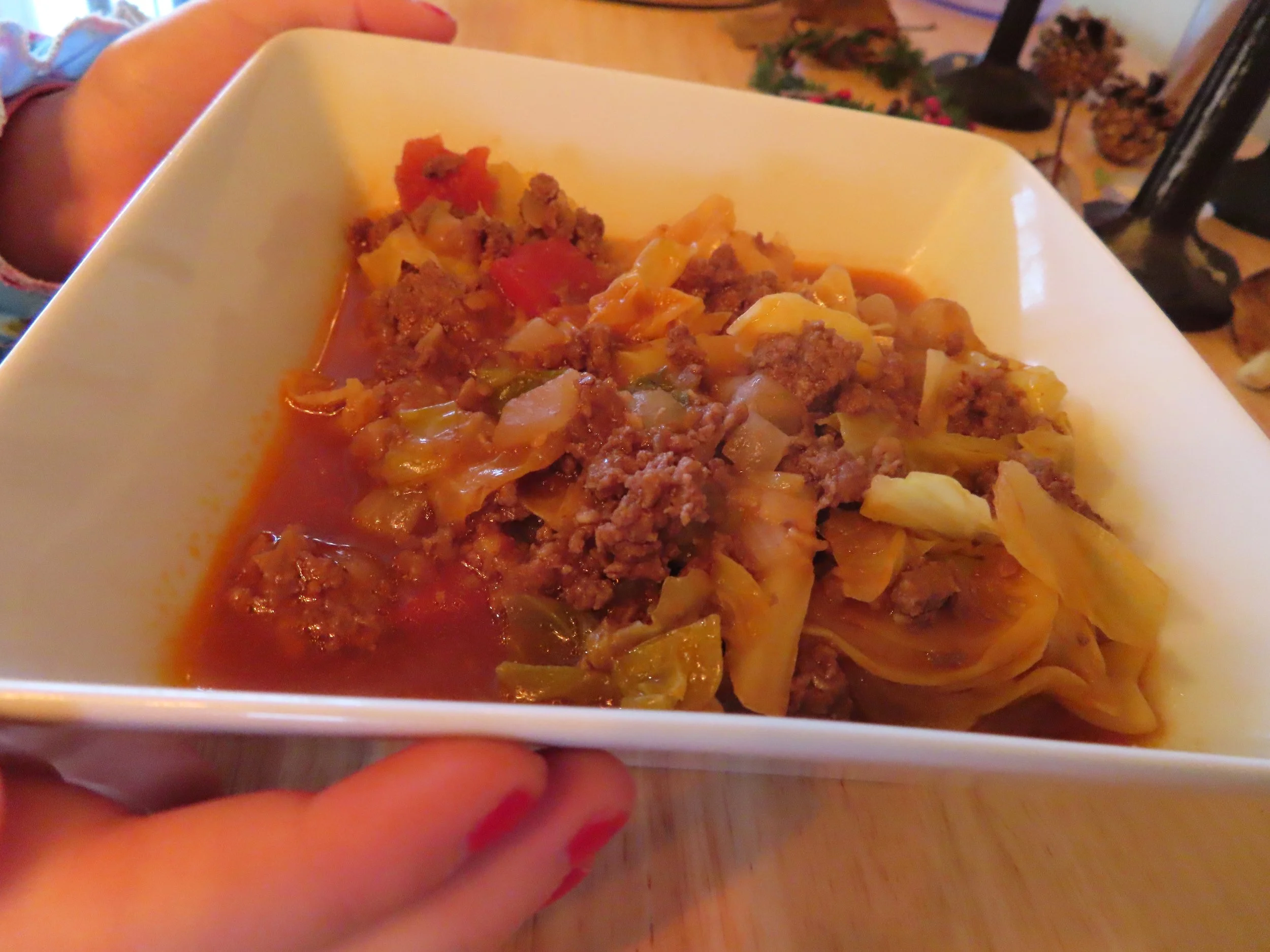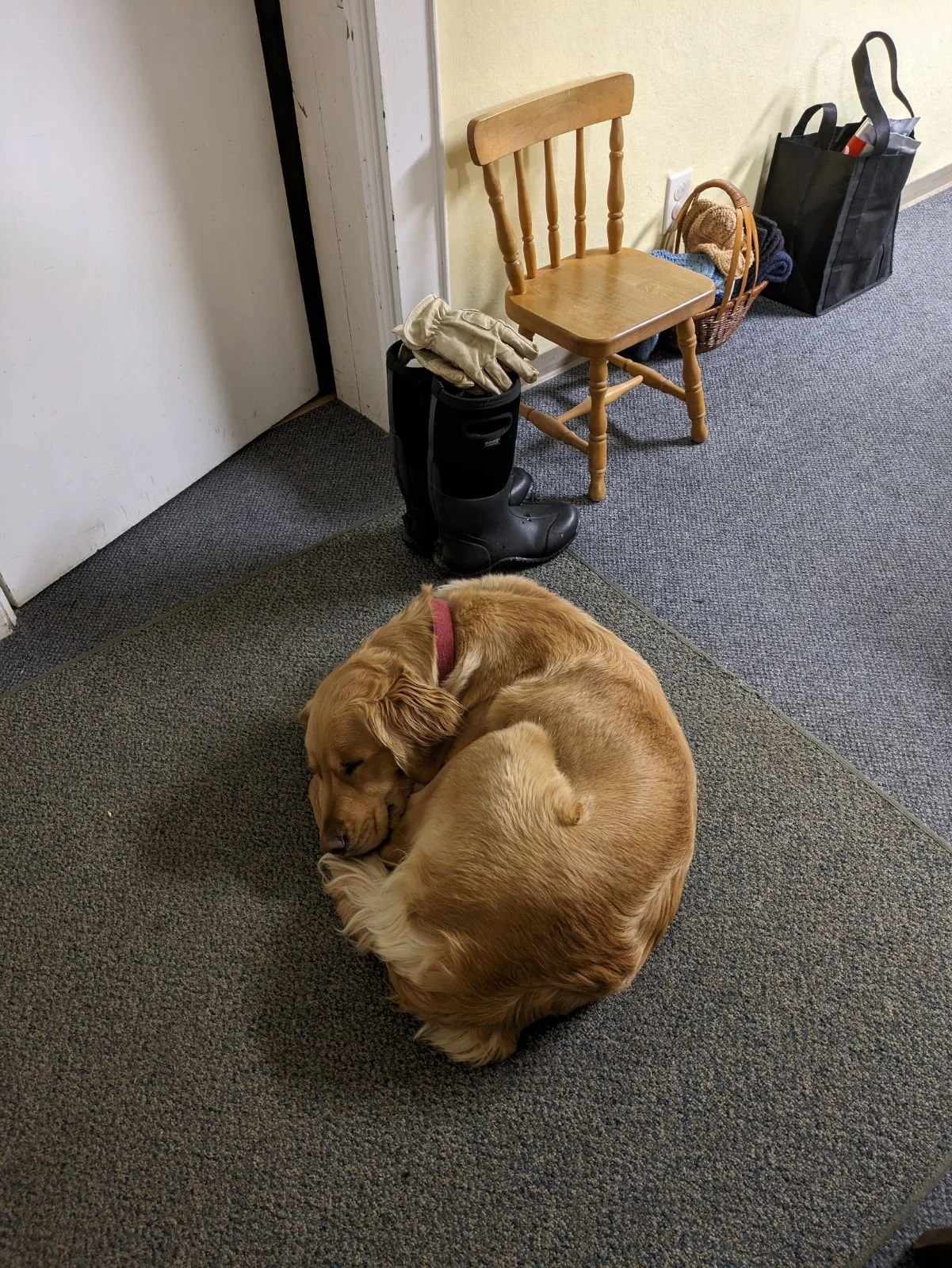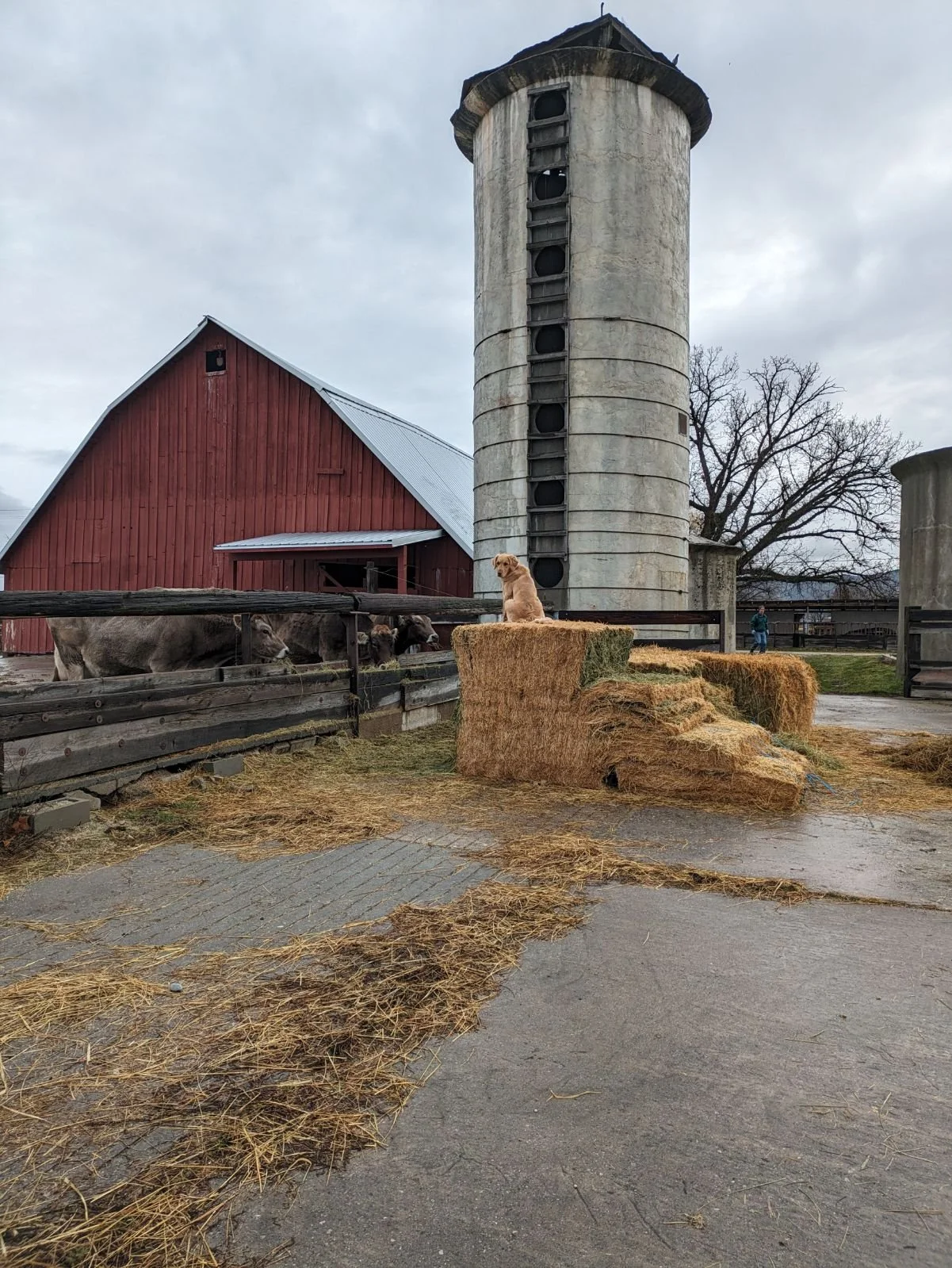Such countries require that novel foods be tested for safety before they’re put on the market, he added, but not the U.S.
Fagan said he found it concerning that the Bored Cow samples contained a pesticide — a fungicide called Benthiavalicarb-isopropyl.
“I think the reason this fungicide is present is because they added it to the fermentation process to inhibit the growth of fungi that could contaminate the production system,” he said, “So the things that we see here are not really good for us, let me put it that way.”
HRI compared these results to samples of natural milk from grass-fed cows.
69 important nutrients in natural milk absent in synthetic milk
“There were 69 important nutrients present in natural milk, most of which were completely absent in synbio milk. A few were present in small or trace amounts,” Fagan said.
For example, Bored Cow’s milk only had a trace of riboflavin, known as vitamin B2, while natural milk has very high levels, he said. Pantothenic acid, known as vitamin B5, was “absolutely absent in the synbio milk.”
Similarly, vitamin E was “essentially absent yet present in substantial levels in natural milk,” he said.
Additionally, forms of carnitine that are “really important for energy metabolism” were either missing or only present in trace amounts in the synbio product, he said.
The synthetic milk had “only a tiny trace of the important omega-3 fatty acid alpha-linolenic.
Alpha-linolenic acid is “the most abundant omega-3 fatty acid in plants.” Natural milk from grass-fed cows typically has “significant levels” of it, Fagan explained.
Fagan added that “a number of other lipids or fats — diglycerides and mono and triglycerides — were undetectable in the synbio milk.”
These results contradict Perfect Day’s claim that it’s product — used by Bored Cow — is “identical to what cows make.”
Industry calls it ‘precision fermentation’ rather than ‘genetic engineering’
Bored Cow is one of at least ten companies selling “synthetic” or “synbio” dairy products.
“Synbio” — short for “synthetic biology” — is a method that uses genetic engineering to modify microorganisms like yeast, algae or bacteria to produce novel products, according to the Non-GMO Project.
The Non-GMO Project said, “The biotechnology industry is marketing this method as ‘precision fermentation’ because it exploits a natural process … but it’s actually a form of genetic engineering.”
Indeed, Perfect Day avoids describing its production process as involving “GMOs” and, instead, explains on its website “how we teach microflora to create sustainable protein.”
Meanwhile, critics — including groups like the nonprofit GMO/Toxin Free USA that consider the product to be GMO — say synbio milk needs to undergo safety testing before the FDA allows it to be sold.
GMO/Toxin Free USA released a list of 12 brands they found to include synbio milk in their products, such as alternative dairy ice cream, milk, whey protein and cream cheese.
In addition to Bored Cow, the brands were Brave Robot, Nick’s, Coolhaus, Strive Nutrition, Nestle Cowabunga, Whey FWRD, JuiceLand, Apollo, Modern Kitchen, Nurishh and Mars CO2COA.
The Non-GMO Project named more companies, including The Urgent Company, California Performance Co. and Betterland Foods. Even General Mills now sells products made with synbio milk, according to Bored Cow.
Perfect Day also lists partnerships with Nestlé, Mars, Myprotein, Renewal Mill and Bel Group.
GMO/Toxin Free USA said, “This is yet another corporate attempt to use Americans as their lab rats. NO THANK YOU.”
Ken Roseboro, founder and editor of The Organic & Non-GMO Report, agreed, telling The Defender, “Companies are getting billions in venture capital money as they sell synbio dairy products to the public.”
Roseboro, who edits the “world’s only directory of organic, non-GMO and regenerative suppliers” called “The Organic & Non-GMO Sourcebook,” said the products are “not non-GMO.”
“The Non-GMO Project prohibits synbio products like this from being verified as non-GMO,” he added.
Other startups developing dairy products using GMO fermentation include New Culture (U.S.), Change Foods (U.S. and Australia), Legendary Foods (Germany), Better Dairy (U.K.), Remilk (Israel), Turtle Tree (U.S. and Singapore), Cultivated Biosciences (Switzerland), Changing Bio (China), Phyx44 (India), Reboot Food (U.K.) and Fonterra (New Zealand).
The European Union recently committed 50 million euros to the “precision fermentation” sector.
Does synbio dairy contain GMOs?
Meanwhile, Perfect Day claims ProFerm does not contain GMOs.
Fagan noted that the companies may claim that the GMO DNA is removed during the processing of the fermented proteins, but it is highly unlikely that they could remove all of the GMO DNA. “We are currently doing research to assess this,” he said.
Current federal law does not require products that contain ProFerm to be labeled as bioengineered or as containing GMOs. The Non-GMO Project states that synbio products go “unlabeled and unregulated in the marketplace.”
Indeed, the FDA on its webpage about GMO regulation says only “certain types of GMOs have a disclosure that lets you know if the food, or ingredients you are eating, is a bioengineered food.”
Since no GMO labeling is required for products with synbio milk protein, people may not know they are buying a GMO-based product, said GMO/Toxin Free USA.
For example, the ingredients listed for Bored Cow’s “original” flavor are:






































